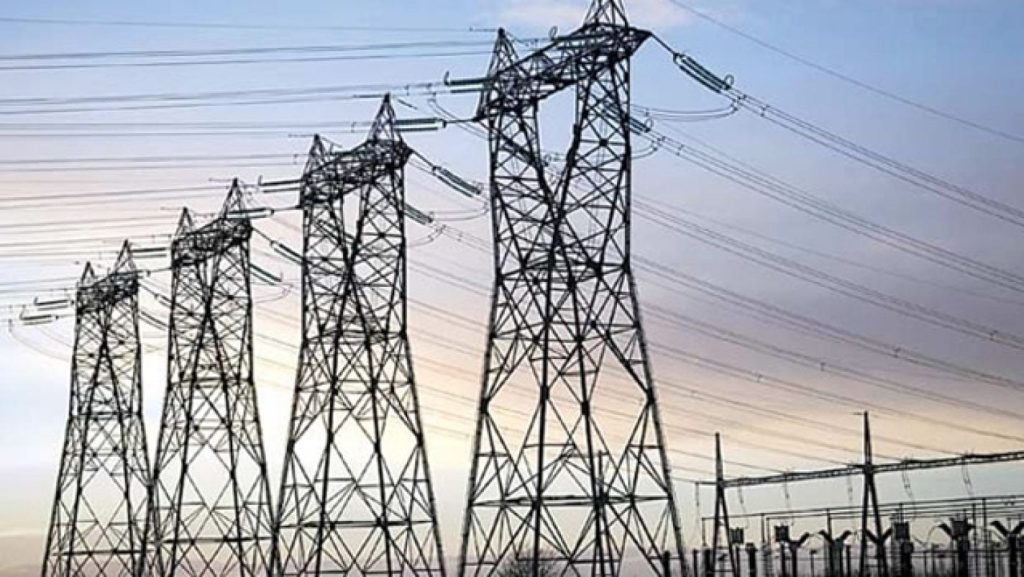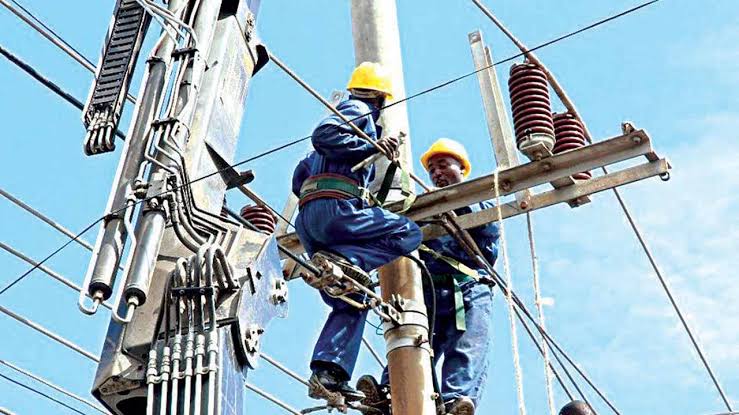Nigeria’s Minister of Power, Adebayo Adelabu, has stated that the Federal Government needs $10 billion annually over the next ten years to revitalise the nation’s power sector and address the liquidity challenge.
Adelabu made this disclosure in Abuja during a one-day investigative hearing on halting the new electricity tariff increase by the Nigerian Electricity Regulatory Commission (NERC), organised by the Senate Committee on Power.
“For this sector to be revived, government needs to spend nothing less than 10 billion dollars annually in the next 10 years. This is because of the Infrastructure requirement for the stability of the sector, but government can not afford that. And so we must make this sector attractive to investors and to lenders,” Adelabu explained.

He emphasised the necessity of commercial pricing to attract investment, stating that without it, investors would not be interested. Adelabu highlighted the major challenge in the sector as the absence of liquidity, exacerbated by operating on a subsidised tariff regime without cost-reflective tariffs.
Adelabu pointed out that the government’s inability to pay the outstanding N2.9 trillion subsidy was due to limited resources, stressing the need to evolve measures to sustain the sector. He appealed to lawmakers to support the process of paying debts owed to operators across the value chain.
Regarding the tariff increase, Adelabu clarified that it is based on supply, ensuring that customers who do not receive 20 hours of power supply will not be subject to the new tariff. He reassured the government’s commitment to sustainable reform in the sector and clearing outstanding debts owed to GenCos and gas companies.
Adelabu also highlighted government investments in hydroelectric power, including the commencement of construction on the Zungeru 700-megawatt power project and the pending evacuation of the Kashimbila Hydroelectric Power Plant. He mentioned ongoing investments in 26 small hydropower dams to boost electricity production nationwide.
However, members of the committee expressed concern over Nigerians’ experiences with electricity supply and the inefficiency of power sector operators despite sector unbundling. They emphasised the need for solutions to ensure sector liquidity and decried the lack of consultation before the tariff increase.
Additionally, stakeholders, including the Nigerian Electricity Regulatory Commission, the Manufacturers Association of Nigeria, and electricity distribution companies, made presentations at the investigative hearing.


